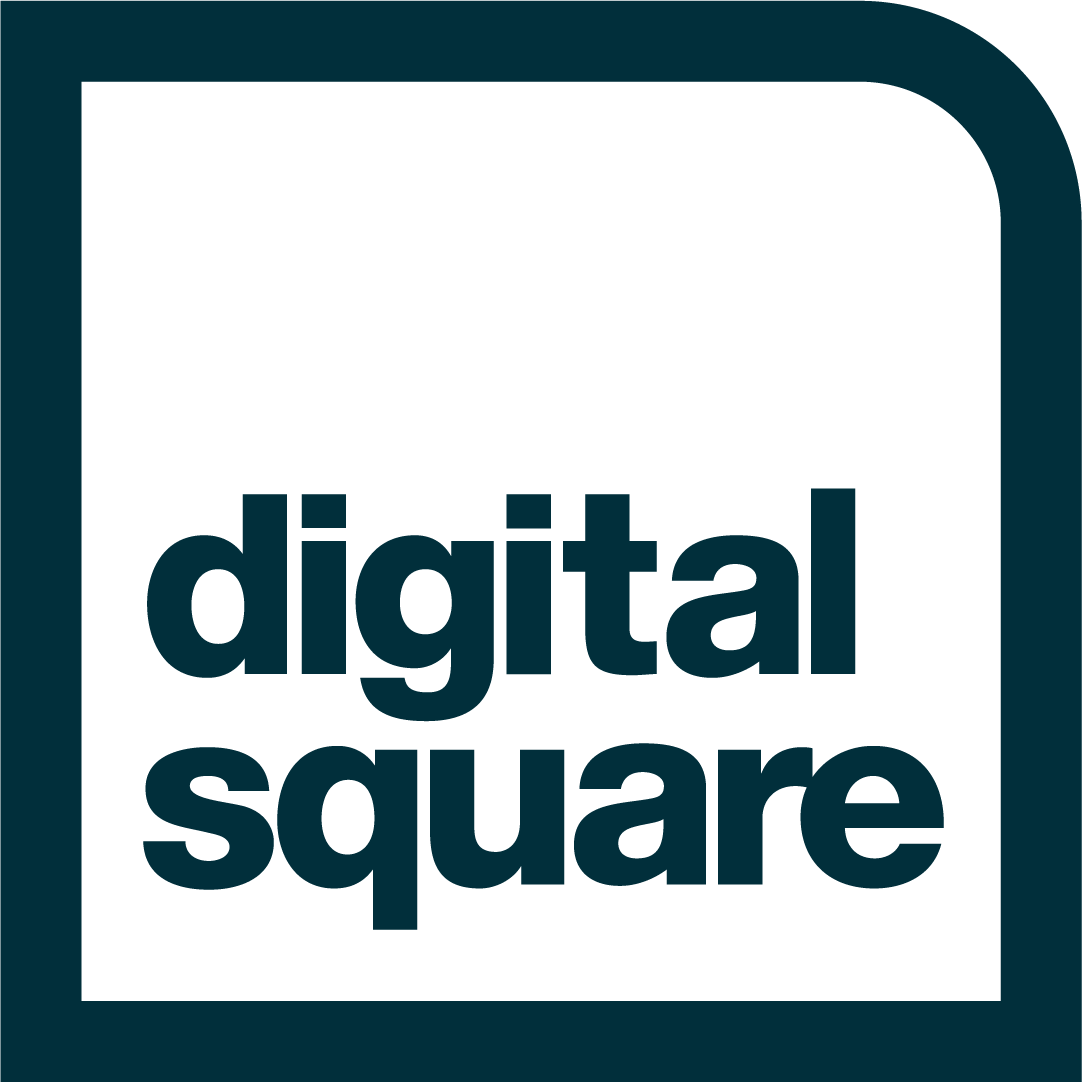Harnessing an Enterprise Architecture Approach: How leaders in West Africa are shaping the future of their digital health systems
By: Victory Kamthunzi, Communications Officer, and Fatou Fall, Regional Director of Digital Health, Francophone Africa Region
Enterprise Architecture planning training in Senegal.
Successful and sustainable implementation of digital health tools requires, among many things, a robust and adaptable architecture aligned with a national digital health strategy. Robust governance, leadership, and streamlined business processes can facilitate the appropriate use of digital tools to improve health services. As the scale of implementation and interoperability of tools increases, so do complexities, such as ensuring data quality across systems and protecting patient privacy. The reality in many countries today is that while quality digital solutions may be deployed to improve efficiencies and provide insights in health care delivery, there are still challenges, especially as countries’ digital environments grow and mature.
Enterprise Architecture (EA) helps countries reduce this complexity. EA is a holistic approach that helps to structure the digital health ecosystem and plan for a more connected health system, from its processes and operations to its information technology and its people. Think of it as a dynamic blueprint—describing how the elements of a digital health system fit together, interact, and ultimately align with the goals of the system.
Digital Square’s Approach to supporting EA
Digital Square grounds its approaches in EA, building on the successes and lessons learned across PATH. We partner with countries to implement or strengthen the technical structure of a holistic, interoperable digital system and expand country capacity to manage it over the long-term. Our support includes utilizing an EA approach, which allows countries to align donors and partners and results in improved workflows and greater data use, while avoiding fragmentation, duplication, and data silos. Countries are left with knowledgeable staff who are certified in the discipline and are well-positioned to continue the work and maintenance of crucial systems.
An example of this is in PATH’s partnership with Tanzania’s Ministry of Health and Social Welfare, which developed Tanzania’s Health Enterprise Architecture (TZHEA). TZHEA maps the current data use ecosystem and its potential future state to ensure digital tools reach its full potential to improve health outcomes. Our work with the Tanzania Ministry of Health on TZHEA is one of the first in the world to apply the approach to health information systems—and has led Tanzania to be a trailblazer in the defining of guiding principles, data standards, and governance mechanisms within a digital health ecosystem.
“As digital collaborators to the Ministry of Health in Tanzania and Zanzibar, we have supported them in strengthening data use and governance assets and provided technical support with their enterprise architecture planning.”
Enterprise Architecture Training for Health Leaders in West Africa
Through the Digital Square-led malaria and digital community health assessment, as part of the U.S. President’s Malaria Initiative’s Digital Community Health Initiative, we found that country leaders want to address siloed systems using innovative approaches such as EA. This is especially true in West Africa, where there is often limited accessibility to EA training and technical resources in French. From November 21st to 23rd, 2023, Digital Square convened an EA planning training in Senegal based on the TOGAF® standard for Ministry of Health leaders from Burkina Faso, the Democratic Republic of the Congo, Mali, and Senegal. The concepts, guidance, and structure of the TOGAF standard is designed to specifically help countries configure an EA that is agile and meets their needs.
Speaking at the training, Digital Square's Regional Director of Digital Health, Francophone Africa Region, Fatou Fall, said,
“Attaining the TOGAF certification puts individuals at the forefront of enterprise architecture and has greatly aided in designing and implementing principles. We asked leaders from Burkina Faso, the Democratic Republic of the Congo, Mali, and Senegal to join this training program so they can sustain their digital systems that follow enterprise architecture fundamentals.”
At varying stages of implementing their national digital health strategies, trainees were looking to improve on or create a digital health EA for their respective countries. Commenting on the training, participant Dr. Fatoumata Kona, Sub-Directorate of health establishments, regulations and community health from Mali, said,
“In this training, we learned the foundations of architecture, business, and governance implementation, so I would say this training came at the right time for our country, Mali, which is in the process of digitizing its health system.”
Adding to the excitement, Oumou Calsoum Diallo, IT Manager at the Department of Planning and Statistics in Senegal said,
“The training was interesting because it showed us how it could impact our implementation and future workforce. We learned about enterprise architecture which will help us improve our daily tasks. The TOGAF standard allows us to correct and improve on our projects for success.”
The successful training of these Ministry of Health leaders is advancing their countries’ efforts and mechanisms to enforce defined policies, standards, and good governance applied within their health sector.
Our commitment to future-proofing digital health implementations
EA provides direction on how digital health systems and tools should function to facilitate data-based decision making and enhanced health outcomes. Training country leaders in EA, including supporting TOGAF Standard certification, is an important step towards country ownership for their digital transformation. There remains a need to continue this capacity strengthening and enhancement for country leaders, as well as a need to ensure that resources are available in multiple languages for equitable access to all country leaders driving their digital health vision and strategies. Digital Square is committed to championing governments to lead digital transformation of public health systems at all levels, and supporting governments to make the best use of strategic approaches and resources that promote improved health outcomes.




